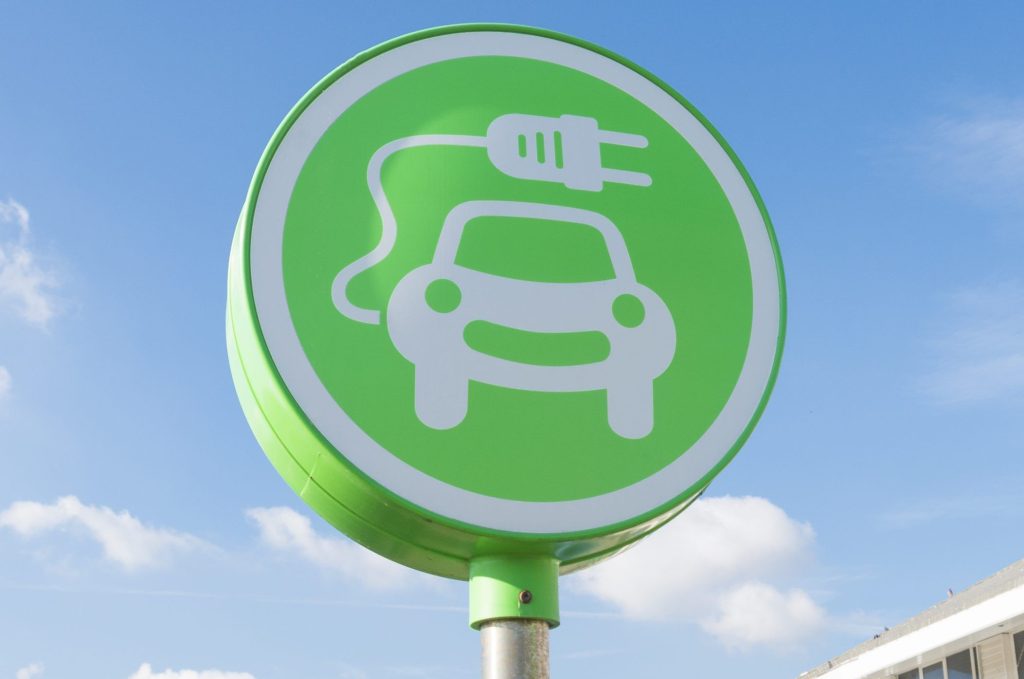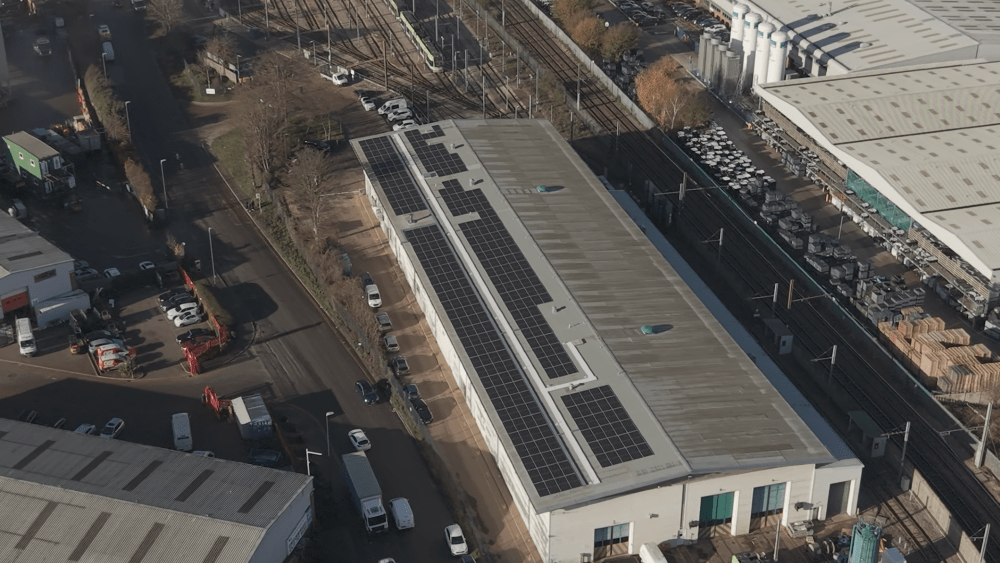Uber and C40 Cities have agreed to an international partnership to boost access to urban charging infrastructure.
The C40 programme will work across three cities – London, Boston and Phoenix – to facilitate the uptake of EVs by high-mileage drivers.
It is projected to benefit more than 55,000 Uber drivers who currently lack access to affordable and convenient charging, through technical support, research, and policy advocacy.
Uber has surveyed drivers since 2021 on their willingness to switch to an EV. For the first time since this survey began, access to charging has become the top issue preventing drivers in the US and UK from going electric, overtaking the cost of EVs.
A new deal with Vmoto will also help thousands of couriers access discounted e-mopeds across Europe. Uber and Vmoto will also collaborate on London’s first battery-swap pilot for electric mopeds in London in Q3 2025.
Uber is also launching the Electric Vehicle Infrastructure Estimator (EVIE) tool, giving cities access to projected future demand for EV charging from Uber drivers.
The initial rollout for the tool includes 40 cities around the world, giving municipal and utility officials the ability to pinpoint, down to less than a square kilometre, where public chargers should be installed to help more high mileage drivers go electric.
For example, across the 40 cities now available in EVIE, Uber analysis shows that we need more than 10,000 public fast-chargers and 270,000 home chargers to meet the demand from Uber drivers going electric.
The move follows Uber’s £5 million investment in charging infrastructure across three London boroughs with large populations of ride-share drivers.
Uber and Vmoto will collaborate on London’s first battery-swap pilot for electric mopeds in London in Q3 2025. This new model allows couriers to quickly exchange depleted batteries for fully charged ones at dedicated swap stations, dramatically extending vehicle range without the downtime or infrastructure challenges of home charging.
Sadiq Khan, Mayor of London and Co-Chair of C40 Cities, said:
“In London, we want to bring everyone along on the journey to clean air and sustainable travel. Whether it’s our emergency services, taxis, private hire, delivery vans, or any of the other essential transport moving through the city daily, we know that increasing the number of zero emission vehicles will result in cleaner air and less emissions.
“As Mayor of London and Co-Chair of C40, I look forward to working with Uber to support essential drivers to access charging where they need it most.”
Phoenix Mayor Kate Gallego, Vice-Chair of C40, said:
“In Phoenix, we’re building a clean energy economy in which economic activity and sustainability go hand-in-hand. It’s crucial that everyone, including our private sector partners, have access to opportunities to reduce emissions.
“As residents, ride-share, and commercial drivers increasingly switch to electric vehicles, ensuring access to charging infrastructure is essential to making sure these low-carbon cars are an option for all who want them. I am pleased to welcome this project to Phoenix and accelerate our work to reduce emissions for a healthier city.”
Rebecca Tinucci, Global Head of Sustainability, Uber, said:
“Uber is committed to an all-electric future. With the right charging infrastructure in place, drivers can earn more, deliver a better rider experience and help tackle air pollution.
“We’re proud to partner with C40 and city leaders to help unlock EV infrastructure where it is most needed. Reliable, accessible charging will help accelerate economic opportunity for thousands of drivers and create healthier communities in the process.”
Mark Watts, Executive Director at C40, said:
“C40 is proud to be working with Uber to support London, Boston and Phoenix in ramping up access to charging services for high-mileage vehicles. Ensuring that charging infrastructure is accessible means people living in cities can reap the benefits in terms of cleaner air and quieter streets, while making it easier for the highest-mileage drivers to switch to electric which will make a significant contribution to cutting carbon emissions in our cities.”
Image from Shutterstock












